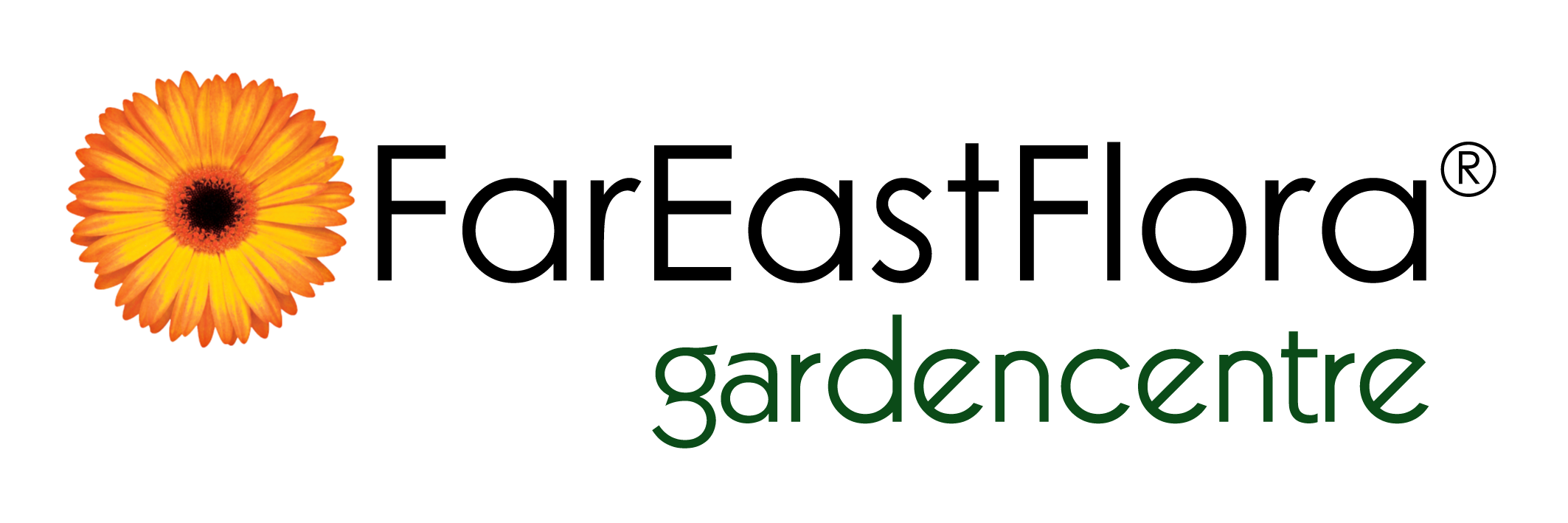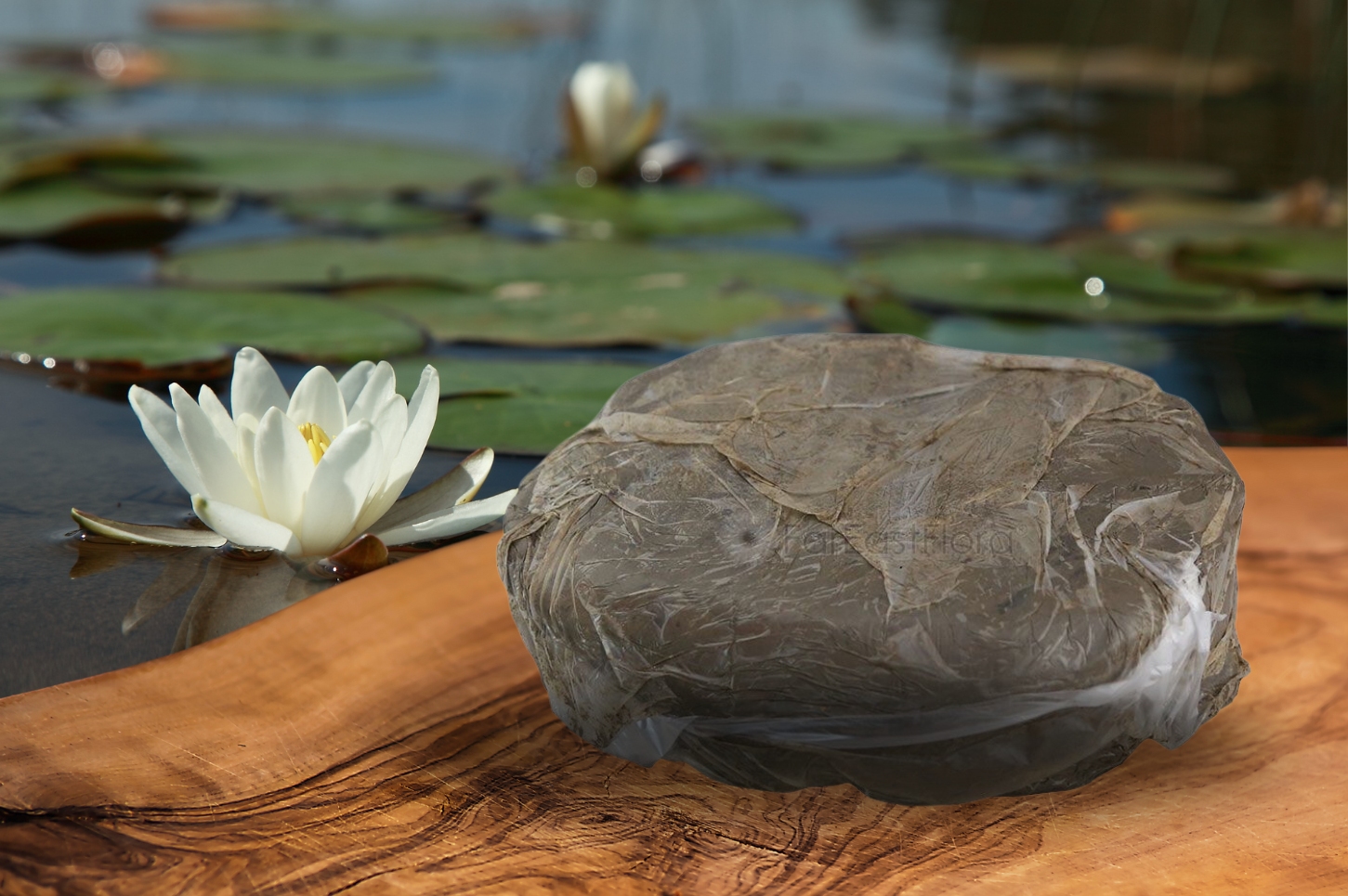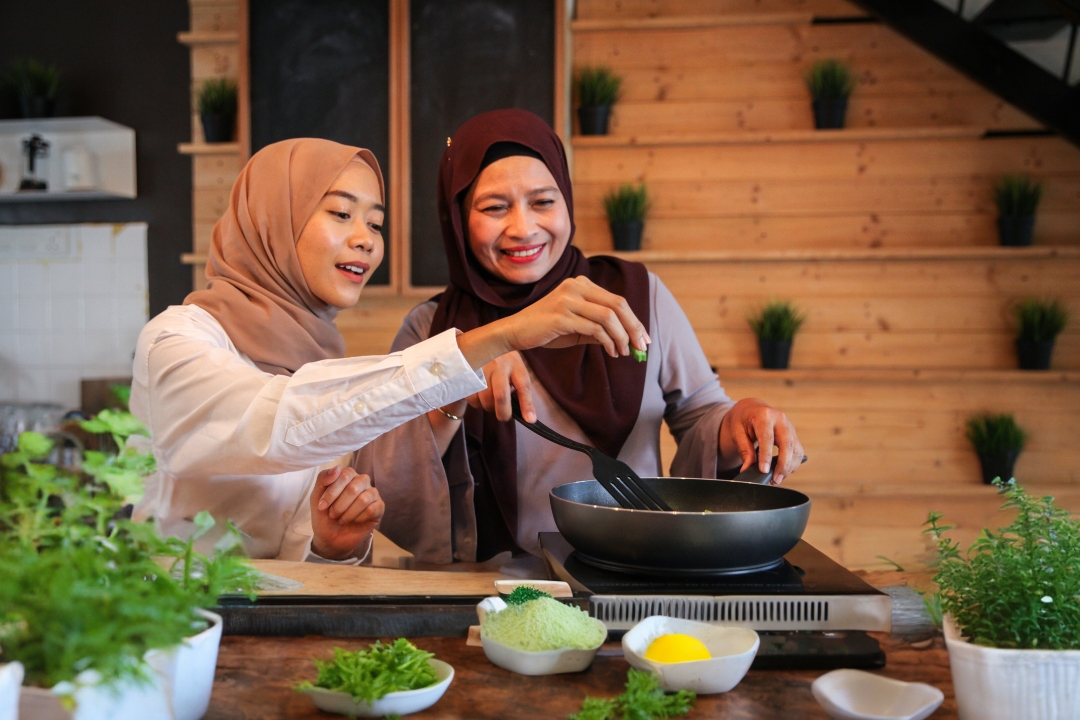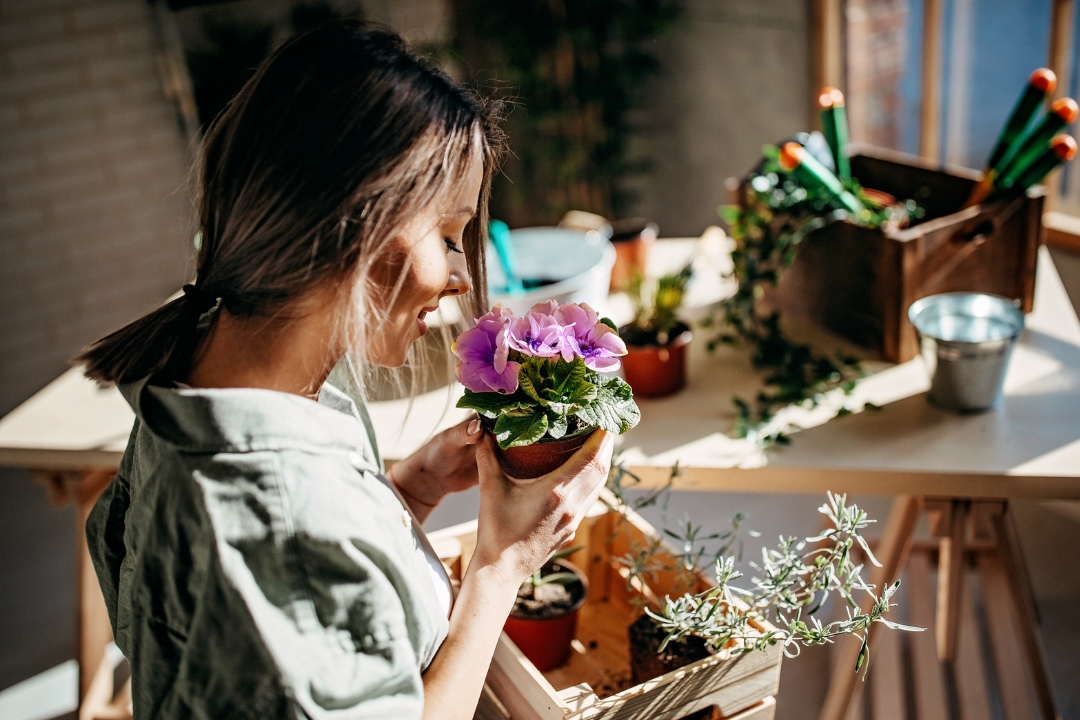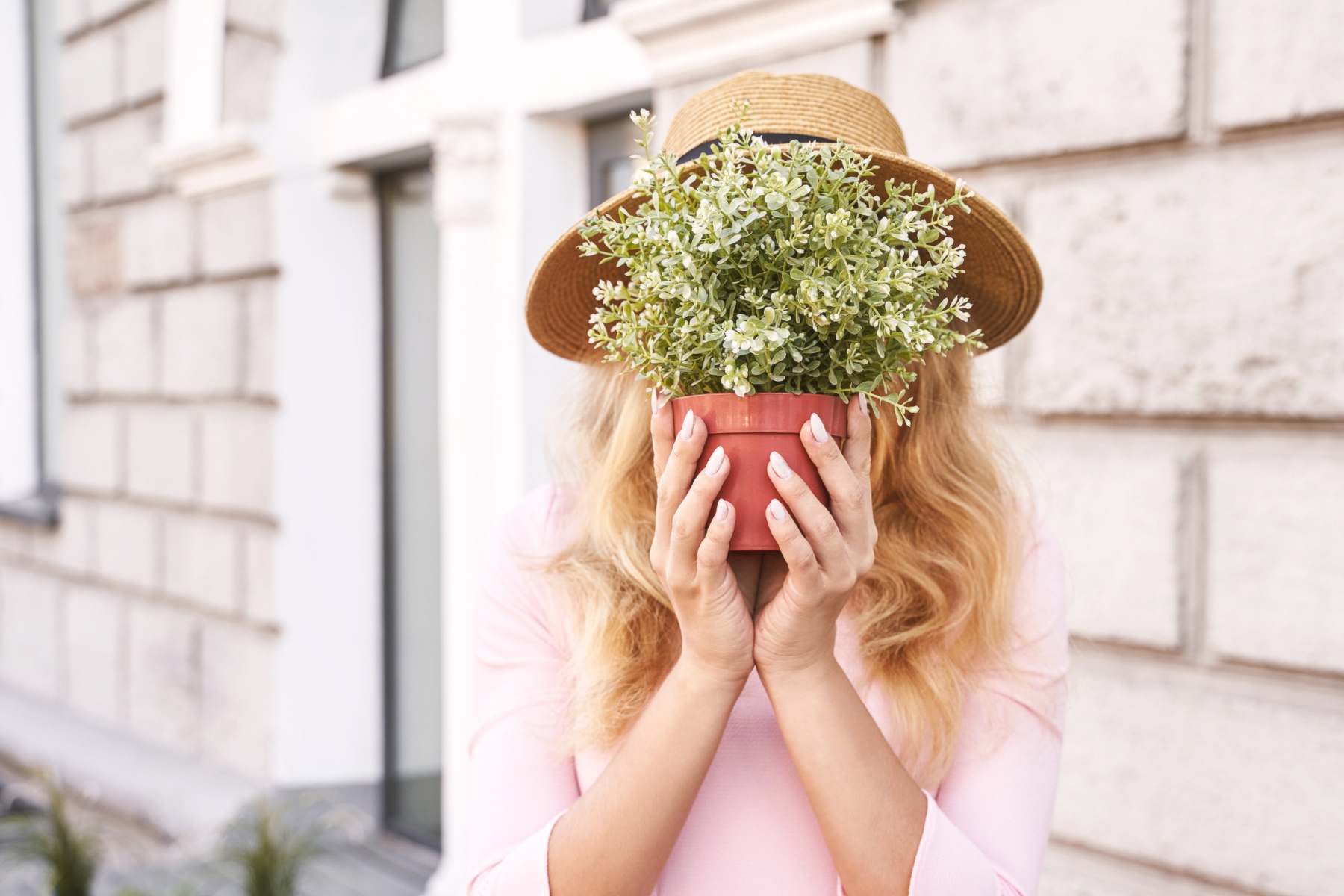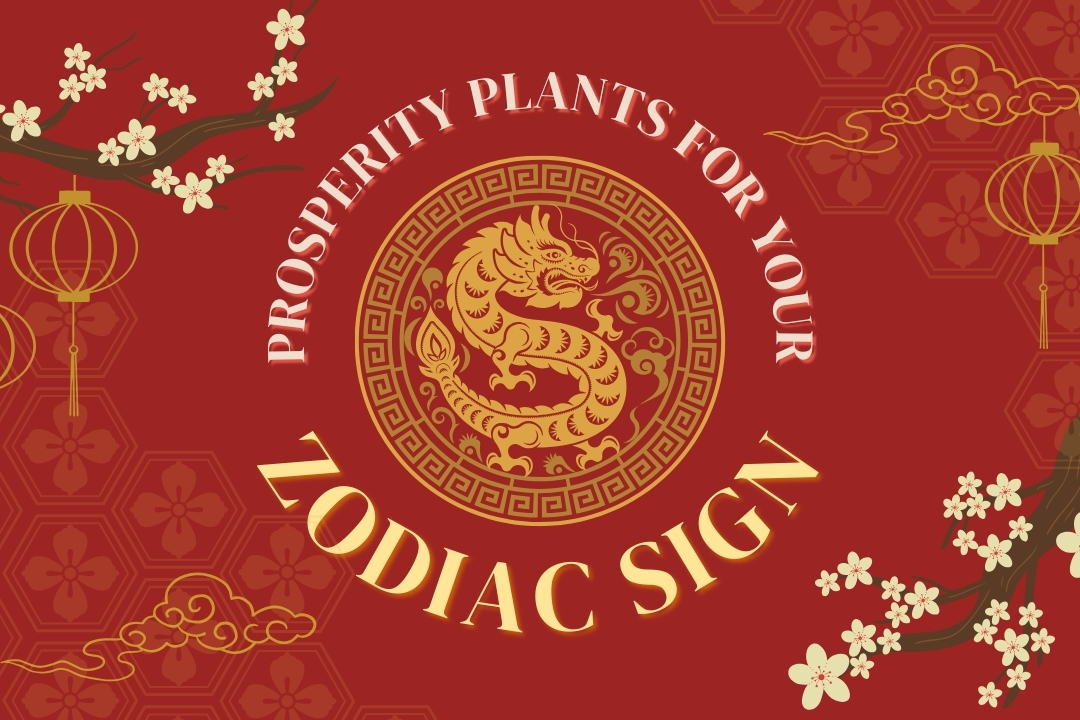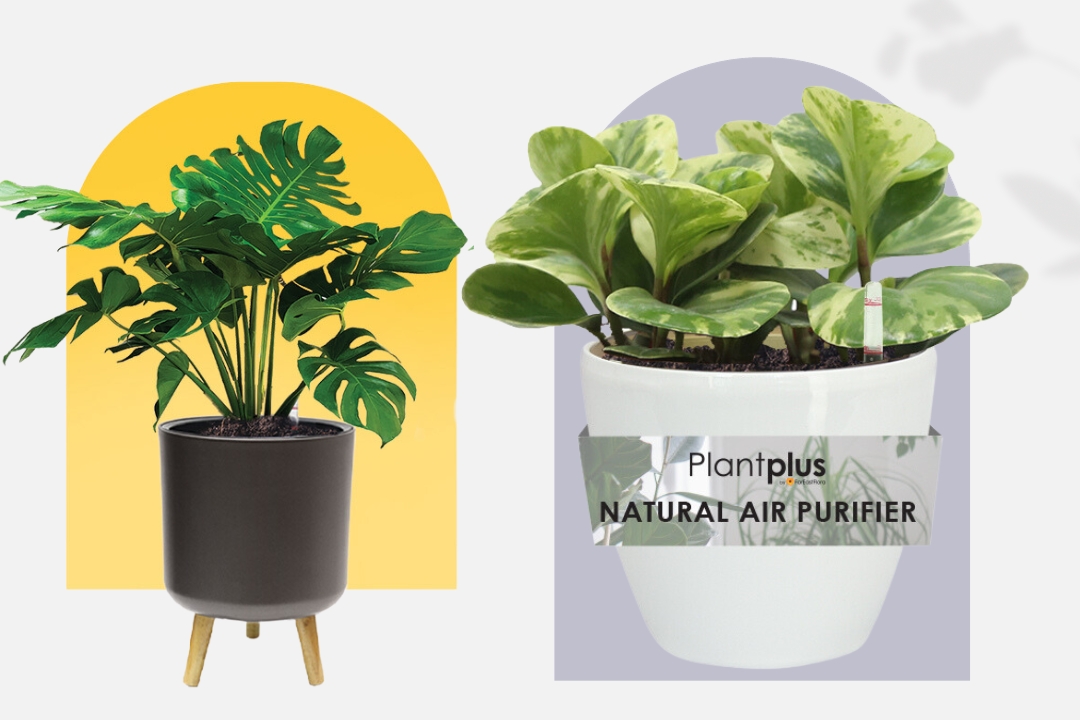Find the ultimate soil for your plant!
Choosing the right soil for your plant depends on 1) the type of plant and 2) its specific needs. Here are some tips for you to consider when purchasing your soil:
Research your plant:
The first step to choosing the right type of soil for your plant is to understand your plant's preferences for soil type, pH level, and drainage. Some plants prefer slightly acidic soil, while others thrive in slightly alkaline soil. You can always check with our plant experts to understand more about your plant and the type of soil the plants prefer.
Soil texture:
Next is to consider the texture of the soil. Most plants do well in well-draining soil, which typically consists of a mix of sand, perlite, and clay. Feel free to experiment and adjust the proportions of each material based on your plant's requirements.
pH level:
Testing the pH level of your soil and matching it to your plant's needs can help your plant thrive. For instance, adding lime to your soil can raise the pH level (less acidic), while adding sulphur can lower the pH level of your soil (more acidic).
Organic matter:
Adding organic matter, like compost, will help to enrich the soil and improve its structure. Organic matter contains good bacteria which will help the breakdown of hard, clayey soil and turn it into soil which is more porous and soft. This will provide a balanced soil density, allowing the plants to develop a healthier root in the soil, contributing to the overall health of the plants.
Drainage:
It is important to ensure that there is proper drainage (on both the soil and pot) to prevent waterlogged roots. Most plants do well in well-draining soil, which typically consists of a mix of sand and perlite. Feel free to experiment by mixing some pumice or lava rock into the soil to improve drainage if necessary.
Specialised mixes:
Some plants, like succulents or orchids, require specialised soil mixes. For instance, orchids which grow natively on tree bark in tropical rainforests require a soilless potting mix that contains mainly bark chips and sometimes charcoal. While succulents require sandier soil with excellent drainage.
Here are some common types of soil for plants available in the market:
Sandy soil:
Sandy soil has large particles with optimum drainage, making it suitable for plants that prefer well-draining conditions like succulents and cacti. This prevents water-logging and recreates natural habitat for the succulent and cactus plants.
Shop here: Succulent Compost Mix - 5L
Clay soil:
Clay soil has fine particles and retains moisture but drains poorly. It's suitable for plants that prefer moist conditions, such as vegetables and water-loving flowers. Similar to how it holds water well, clay soil is able to retain nutrients. Making it a nutrient-rich soil.
Shop here: Lily Clay Soil - 2.5kg
Peat soil:
Peat soil is high in organic matter and is slightly acidic in nature. It retains moisture well and is often used for acid-loving plants like blueberries and camellias.
Universal potting mix:
Potting mixes are designed for container plants. They typically pre-mixed soil that consists of a blend of materials like peat, perlite, and vermiculite, providing good drainage and aeration.

Shop here: Welgro Superior Substrates - 5L
Shop here: Fertiplus Universal Potting Soil - 50L
Understanding the soil requirements of your plants is vital for their growth. Each plant has unique needs, so tailoring the soil accordingly is essential. Consider their specific requirements and select or amend the soil to ensure optimal health and vigour. Let's nurture them together!
Read the blog below to find out more about plant pots!

Read here: https://fareastfloragarden.com/blog/finding-the-perfect-pot-for-your-plants
